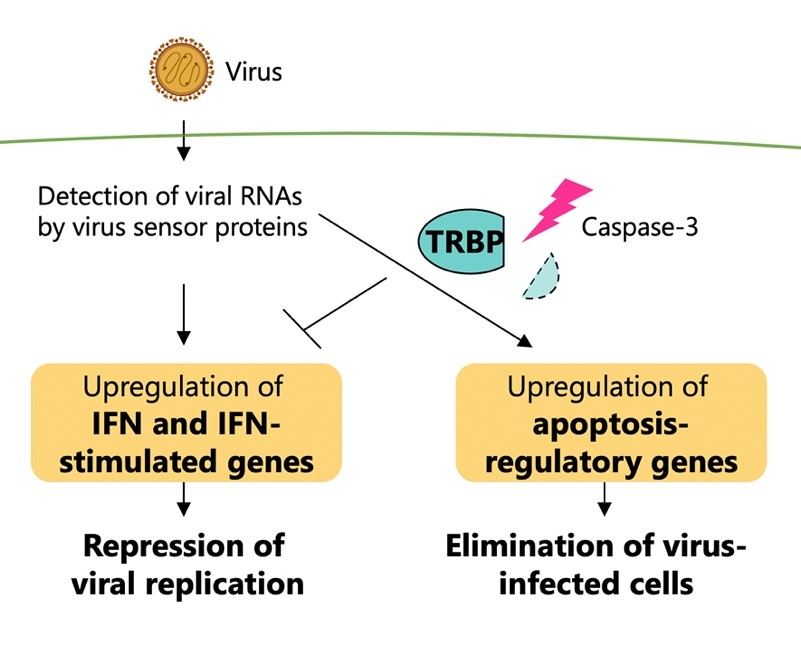After three-plus years of investigation and prosecution culminating in a 12-week jury trial, the case of CDPP v The Country Care Group Pty Ltd ended this month with acquittals for the named company, as well as its managing director and a former employee.
Mel Marquis
Deputy Associate Dean, Monash Law School
The failure to secure convictions in this case – Australia’s first jury trial case, and the first contested cartel case since Australia adopted a cartel offence in 2009 – is a significant defeat for the ACCC, which investigated the matter and supported the Commonwealth Director of Public Prosecution’s (CDPP) effort.
Misfiring in this closely-watched case will to some degree tarnish the image of criminal cartel enforcement in Australia, at least until the ACCC and CDPP establish more consistent success in this field.
In earlier cases in the vehicle shipping sector (NYK, K-Line and Willenius Wilhelmsen Ocean, concluded respectively in 2017, 2019 and 2021), the authorities were successful in securing guilty pleas and agreed penalties from foreign companies, but these victories will be cold comfort following the stinging loss in the Country Care case.
In future cartel cases, the defeat will surely spur the two authorities to think hard about case selection, and to check and double-check the cogency of the evidence they intend to produce in court.
The jury’s unanimous decision to acquit all defendants in this case, after only four hours of deliberation, reflects the difficulty posed in complex criminal cases where a key witness for the prosecution may be perceived as one of dubious credibility (such as an alleged co-conspirator), and where the elements of the case, including a fault element (that is, a mens rea of “knowledge or belief”), must be established beyond a reasonable doubt.
It can’t be ruled out that jury sympathies may have been an additional factor, as the defendant company in this case was a family business in Mildura, northwest Victoria.

The alleged cartel concerned “assistive technology products” that are used by disabled persons or in rehabilitation and aged care, including products such as beds and mattresses, wheelchairs, walkers, and other aids.
The ACCC and the CDPP sought to establish that, from 2014 to 2016, Country Care, as well as its managing director and a former employee, attempted to induce numerous retailers belonging to the “Country Care Group” to engage in collusive conduct.
The managing director, Robert Hogan, was said to be concerned by the fact that some retailers were advertising prices below what Country Care was charging the Department of Veterans’ Affairs, raising the risk that the department would want to re-negotiate the prices it was paying. To avoid this, the managing director allegedly sought to cause the business to stop advertising such favourable prices.
Having heard evidence of the alleged price-fixing and bid-rigging activities, the jury acquitted the defendants of all charges.
Hogan wasted no time opining that the defence had fatally discredited the key witness put forward by the CDPP and the ACCC, who testified in exchange for a grant of immunity from prosecution. The witness, said Hogan, was disgruntled and “held a grudge” against him and the company. Further, he said, the testimony was shown to be unreliable under cross-examination.
Reacting to the jury verdict, the public message of the ACCC was stoic and steadfast. As its chairman, Rod Sims, stated in a media release of 2 June:
“The ACCC will continue to give high priority to deterring, detecting and dismantling cartels that have the potential to harm Australian consumers, and take enforcement action in appropriate cases.”
Australia is one of about 30 countries that have criminalised anti-competitive collusion, although the United States is by far in the lead, with a well-established and, indeed, feared system of criminal sanctions.
In Australia, the Parliament decided to introduce a criminal regime for so-called “hardcore” cartels, such as price-fixing or market-sharing cartels, in 2009.
Accordingly, Sections 45AF, 45AG and 79 of the Competition and Consumer Act 2010 (Cth) establish indictable cartel offences on the basis of which natural persons, as well as legal persons, may be referred by the ACCC for prosecution by the Commonwealth Director of Public Prosecutions.
Pursuant to an MOU concluded with the ACCC in 2014, cartel conduct is liable to be referred to the CDPP if it is “serious” – that is, where practically any aggravating factor is present, or where the case is serious by reason of its scale or harmfulness.
Where circumstances do not warrant a referral, the ACCC can enforce the cartel prohibition as a civil matter (under sections 45AJ and 45AK of the same Act), and may seek a court order for significant monetary penalties, injunctions and other remedies.
In civil proceedings – exemplified by a pending case against BlueScope Steel and its former employee – the ACCC also benefits from a less onerous standard of proof; that is, the balance of probabilities.
The aim of sanctions is to promote specific and general deterrence, particularly in criminal cases (which, unlike civil matters, may also include a retributive element), and further, from the point of view of the ACCC, to contribute to the detection of cartels by incentivising applications for immunity from sanctions.
A case such as Country Care is not prosecuted without careful vetting. Before filing criminal charges, the CDPP’s Prosecution Policy of the Commonwealth (at sections 2.4 to 2.11) provides that the CDPP must be satisfied that there is a reasonable prospect of obtaining a conviction, and she must consider that prosecution is necessary in the public interest.
It is, however, evident that these filters, which seem entirely appropriate, are no guarantee of how a jury will regard the evidence.

More cases pending
The Country Care case has been followed closely, as there are several other cartel cases pending in Australia. Unlike the above-mentioned cases, some of the other matters feature criminal charges against current and former company employees – that is, individuals, in addition to the relevant corporate defendants.
A good example – indeed, the elephant in the courtroom throughout the Country Care proceedings – is a prominent case currently unfolding in the international banking sector.
This case relates to a 2015 $2.5 billion institutional share placement by ANZ. The CDPP alleges that there was collusion in the trading of ANZ shares held by other banks as underwriters, and has brought charges against ANZ as well as Citigroup, Deutsche Bank and six “knowingly concerned” individuals following an application for immunity from J.P. Morgan.
The matter has attracted global attention-and whatever the outcome, it’s destined to draw sensational news coverage.
A trial of at least six months is scheduled to start in the Federal Court in April 2022.
Other ongoing criminal cases concern sectors such as construction (steel-fixing and scaffolding services), currency exchange (Australia-Vietnam currency pair) and pharmaceuticals (medicines for stomach pain and related ills).
Now that the early “landmark” of Country Care has concluded, at least one significant question arises – a question that cannot be answered with certainty, given the secrecy of the jury’s deliberations.
The issue is whether the acquittal in this case:
- is simply due to a perceived lack of credibility of the ACCC’s star witness, in which case the difficulty of prosecuting such a case would be no different to that experienced in the context of other crimes; or
- is instead a sign that members of the Australian public still live in a paradigm where anti-competitive commercial collusion does not warrant the stigma of criminal punishment, at least in light of the dramatic (albeit theoretical) maximum sanction of a 10-year prison term for natural persons, and possibly severe fines for corporations.
If the latter is the real reason why the prosecution in Country Care failed, this may bode ill for the handful of ongoing criminal cases, and may mean the time for criminal cartel sanctions in Australia has not yet come.
That would be disappointing given the substantial investments already made by the ACCC in adapting its capacities, personnel and procedures to meet the necessities of criminal law enforcement.
But these are the proverbial “early days”. Perhaps a jury might be less likely to acquit where the defendants are large enterprises or mega-corporations, as opposed to a family business from the regions.
Still, it’s tempting to assume that the second of the above possibilities may well have influenced the jury verdict in this case. If so, it would be important to redouble efforts in agency outreach and education to demonstrate to the public how cartels deserve the same opprobrium that attaches to serious financial crimes such as fraud and embezzlement.
The ACCC must work to avoid a situation where the “law on the books” provides for tough criminal provisions, while the law in practice lapses into dormancy due to the practical difficulty of prosecution and lack of success in high profile cases.







